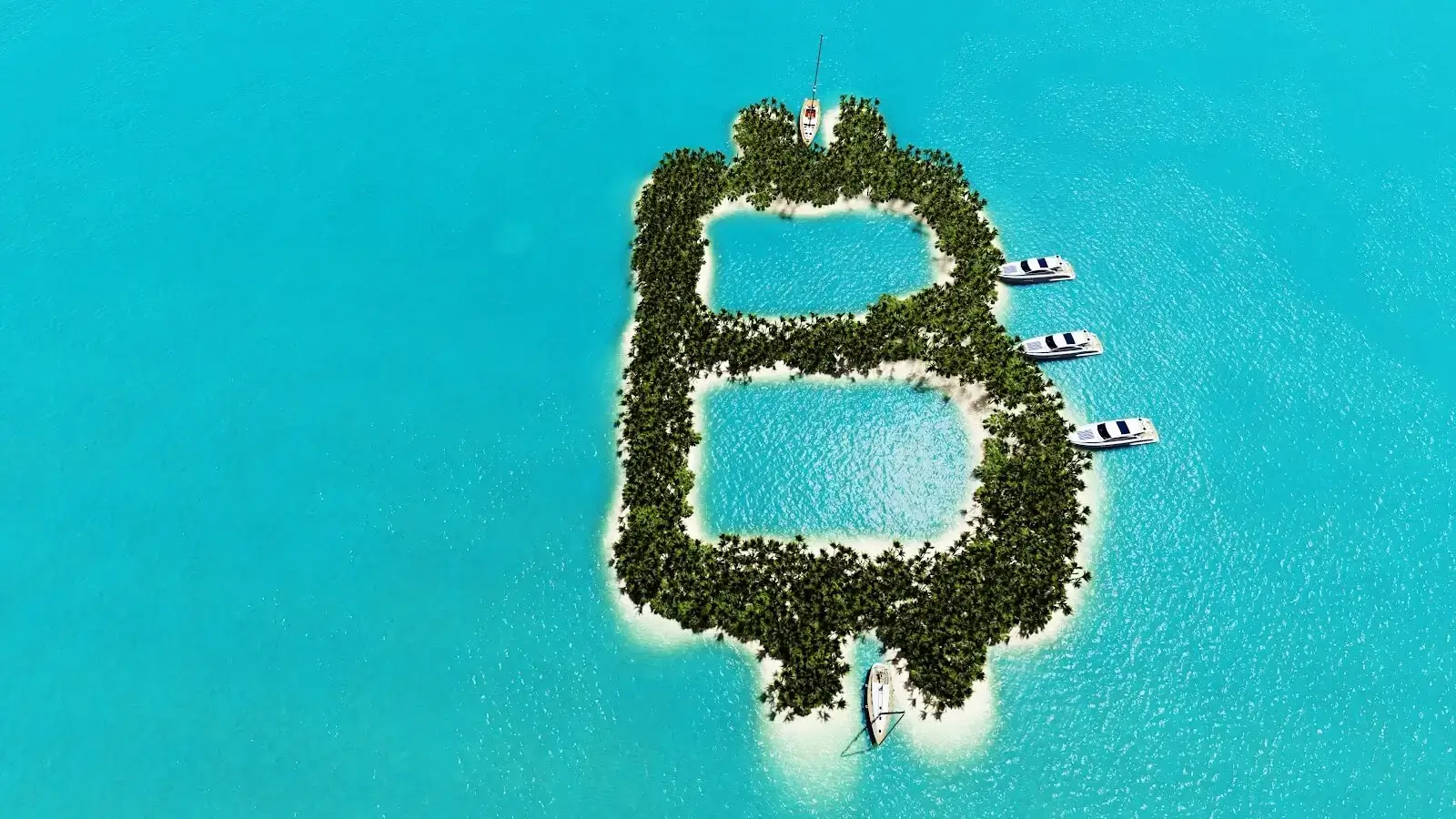The Future of Crypto in Iceland Looks Promising, but There Are Many Hurdles
25.06.2024 22:00 2 min. read Alexander Stefanov
The crypto industry in Iceland is progressing, but has not yet reached its full potential, with several unique geographical advantages still untapped.
Güli Gislason, Chief Investment Officer at Viska Digital Assets highlighted the impact of the 2008 banking crisis that led to capital controls on the Icelandic krona, raising awareness of cryptocurrencies and blockchain technology.
In 2014, Icelanders’ interest in cryptocurrencies grew even further whenBaldur Friggjar Óðinsson(Baldur Friggjar Óðinsson) released Auroracoin to 330,000 people via airdrop from the national private database, allowing many to convert their tokens into Bitcoin.
Despite this development, Gislason believes Iceland lags behind in crypto adoption and education. He noted that while Viska Digital has been managing crypto funds for two years, the sophistication and recognition of cryptocurrencies as an asset class in Iceland is still in its infancy compared to neighboring countries.
Iceland is a leader in renewable energy, with over 99.98% of the country’s electricity being generated from renewable sources, thanks to geothermal, hydro and wind resources. This makes it ideal for Bitcoin mining, where excess energy that would otherwise be lost can be used.
However, increased demand for electricity from electric vehicles and limited development of new power plants have led to periods of energy shortages and environmental concerns, which has put Bitcoin miners in a negative light despite their role in harnessing excess energy.
Viska Digital Assets, whose founders are also involved in Bitcoin mining company Greenblocks, faces challenges but sees potential. Gislason stressed the need for more power plants and highlighted hedge fund criteria for investment: liquidity, market interest and proper risk management. The company is avoiding exposure to risky entities such as FTX and Silvergate Bank by focusing on these factors.
It is optimistic about the future, believing the industry is at an exciting stage of the adoption curve, with major players such as BlackRock beginning to dabble in Bitcoin and other cryptoassets.
-
1
Esports Giant Moves Into Bitcoin Mining
05.07.2025 13:00 2 min. read -
2
Elon Musk Unveils His Own ‘America Party,’ Signals Pro-Bitcoin Political Shift
07.07.2025 11:40 2 min. read -
3
Bitcoin Blasts Past $121,000 as Institutions Fuel Rally—Will Altcoins Follow?
14.07.2025 8:15 2 min. read -
4
Bitcoin: What to Expect After Hitting a New All-time High
10.07.2025 14:00 2 min. read -
5
Peter Brandt Issues Cautious Bitcoin Warning Despite Bullish Positioning
10.07.2025 20:00 2 min. read
Global Money Flow Rising: Bitcoin Price Mirrors Every Move
Bitcoin is once again mirroring global liquidity trends—and that could have major implications in the days ahead.
What is The Market Mood Right Now? A Look at Crypto Sentiment And Signals
The crypto market is showing signs of cautious optimism. While prices remain elevated, sentiment indicators and trading activity suggest investors are stepping back to reassess risks rather than diving in further.
What Price Bitcoin Could Reach If ETF Demand Grows, According to Citi
Citigroup analysts say the key to Bitcoin’s future isn’t mining cycles or halving math—it’s ETF inflows.
Is Bitcoin’s Summer Slowdown a Buying Opportunity?
Bitcoin may be entering a typical summer correction phase, according to a July 25 report by crypto financial services firm Matrixport.
-
1
Esports Giant Moves Into Bitcoin Mining
05.07.2025 13:00 2 min. read -
2
Elon Musk Unveils His Own ‘America Party,’ Signals Pro-Bitcoin Political Shift
07.07.2025 11:40 2 min. read -
3
Bitcoin Blasts Past $121,000 as Institutions Fuel Rally—Will Altcoins Follow?
14.07.2025 8:15 2 min. read -
4
Bitcoin: What to Expect After Hitting a New All-time High
10.07.2025 14:00 2 min. read -
5
Peter Brandt Issues Cautious Bitcoin Warning Despite Bullish Positioning
10.07.2025 20:00 2 min. read

